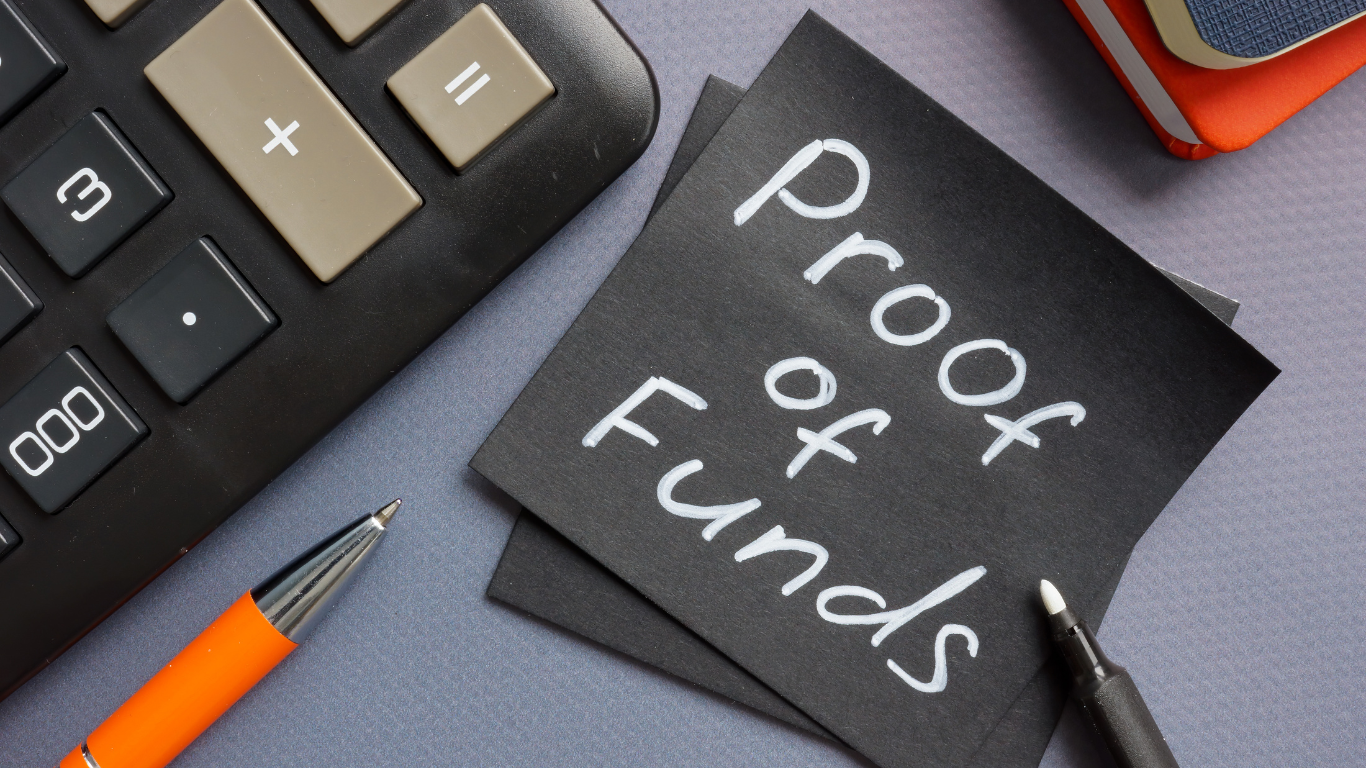Proof of Funds (POF): A Vital Visa Requirement
Understanding Proof of Funds
Proof of funds (POF) is a document or set of documents that demonstrate your financial ability to cover specific expenses. In the context of visa applications, POF assures consular officers that you can afford your travel and stay without becoming a financial burden on the destination country. This document often takes the form of bank statements, security account summaries, or retirement account statements. However, the key requirement is that the funds shown must be accessible, legitimate, and sufficient to cover your travel expenses.
As a travel agent aiming to simplify the travel process for clients, I’ve observed that many visa refusals are linked to inadequate or improperly curated POF documents. Let’s explore how to avoid common pitfalls and present convincing financial evidence during your visa interview.
Common Issues with Proof of Funds
Many applicants are shocked when their visa applications are denied due to insufficient funds, even when their bank accounts hold millions. The problem often lies in how the funds are presented and documented. Below are some common mistakes:
1. Unexplained Large Deposits
If you deposit a significant amount of money into your account without an explanation or transaction description, it raises red flags. For example, if 15 million naira suddenly appears in your account, the consular officer may question its legitimacy.
Solution:
- Ensure large deposits are accompanied by detailed transaction descriptions (e.g., “project payment” or “sale of property”).
- Consider obtaining a letter from your bank manager explaining the source of the funds.
2. Lack of Activity in the Account
An account that shows no spending activity for several months can indicate that the money does not belong to you. This is especially problematic if the funds seem like a placeholder rather than a reflection of your financial habits.
Solution:
- Regularly use your account for transactions, such as paying bills or making purchases, to demonstrate genuine activity.
3. Dormant Accounts
Submitting a dormant account as proof of funds can signal financial instability. If your account shows no activity for three months or more, it may not meet embassy requirements.
Solution:
- Use an active account for your visa application.
- If the account has been dormant, begin using it actively several months before your application.
5. Salary Discrepancies
If your account shows a lower salary than stated in your employment letter, this could create suspicion. For example, if your letter says your salary is 500,000 naira but only 250,000 naira is deposited monthly, you need to explain the difference.
Solution:
- Submit payslips that detail deductions such as taxes, pensions, or loans.
- Ensure these deductions align with your account statement.
What If You Don’t Have a Structured Source of Income?
Not everyone has a traditional income source, but there are ways to address this when curating your proof of funds:
For Sole Proprietors:
- Open a separate business account for all business transactions.
- Pay yourself a salary from the business account into your personal account.
- Use an employment letter that documents your role as an employee of the business.
For Retirees:
- Use statements from retirement accounts such as 401(k), IRAs, or pension plans as proof of funds.
- Provide official letters from financial institutions confirming the availability of your retirement funds.
- Include evidence of any other income streams, such as rental properties or investments.
Key Requirements for Proof of Funds Documents
To ensure your POF meets embassy standards, your documents should include:
Bank Name and Address:** Ensure the document shows the name and contact details of the bank.
- Official Bank Statement: This must include detailed transactions over the required period.
- Account Balances: Clearly state the balances in your savings and checking accounts.
- Total Funds Available: Provide a summary of your total accessible funds.
- Signature of Authorized Personnel: The document must be signed by a bank official to authenticate it.
- Date of Issuance: The POF document must be recent, typically not older than 30 days from your application date.
If your funds are spread across multiple accounts, consider consolidating them into one account to simplify your documentation and provide a clearer picture of your financial status.
Security Tips for Proof of Funds
Once you have prepared your proof of funds documents, it is crucial to keep them secure. These documents contain sensitive financial information that could be misused if they fall into the wrong hands. Here are some tips:
- Share your proof of funds only with trusted individuals, such as embassy officials or accredited visa agents.
- Avoid sending copies over unsecured communication channels.
- Safeguard your documents physically and digitally to prevent unauthorized access.
By understanding and addressing the nuances of proof of funds, you can significantly improve your chances of visa approval. Proper planning and documentation not only simplify the application process but also ensure a smooth journey to your travel destination.


